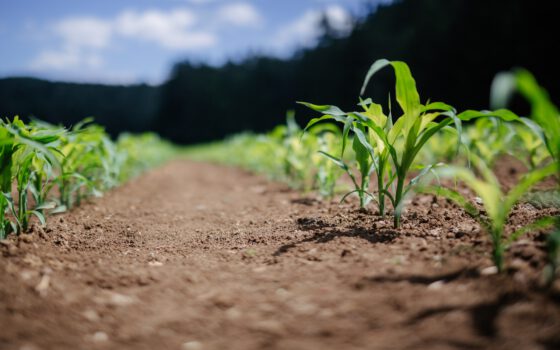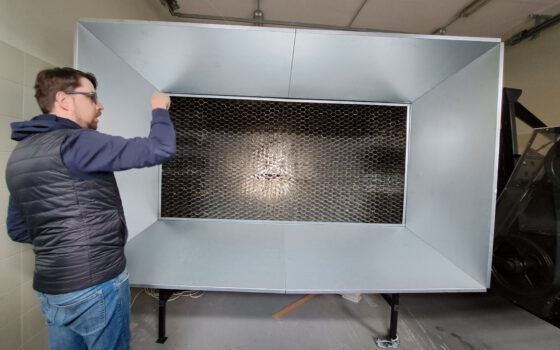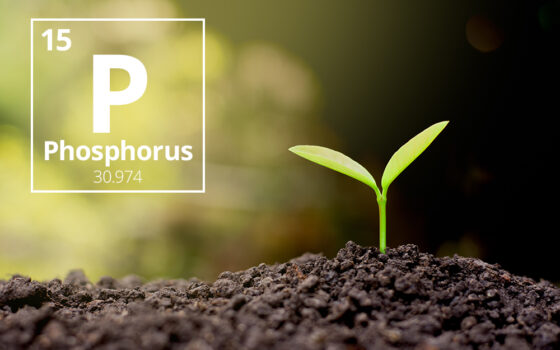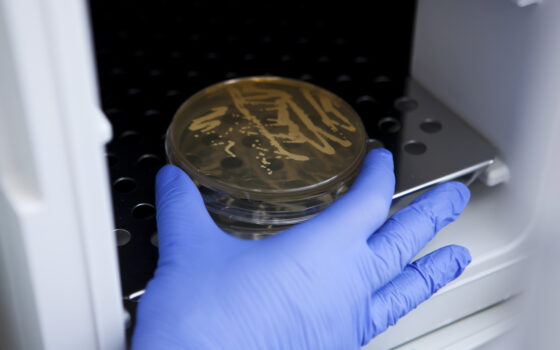
“Nando“ Laboratories
The laboratories at “Nando“ laboratories are perhaps the most important place in the company. They are where various tests and studies are carried out to develop new products and improve existing ones. These tests allow researchers to gain a better understanding of the soil, the harvest, the effect of materials on the plants and many other aspects. All of this allows us to talk about our products not in terms of hand-waving claims, but in terms of evidence-based arguments, concrete data and facts.
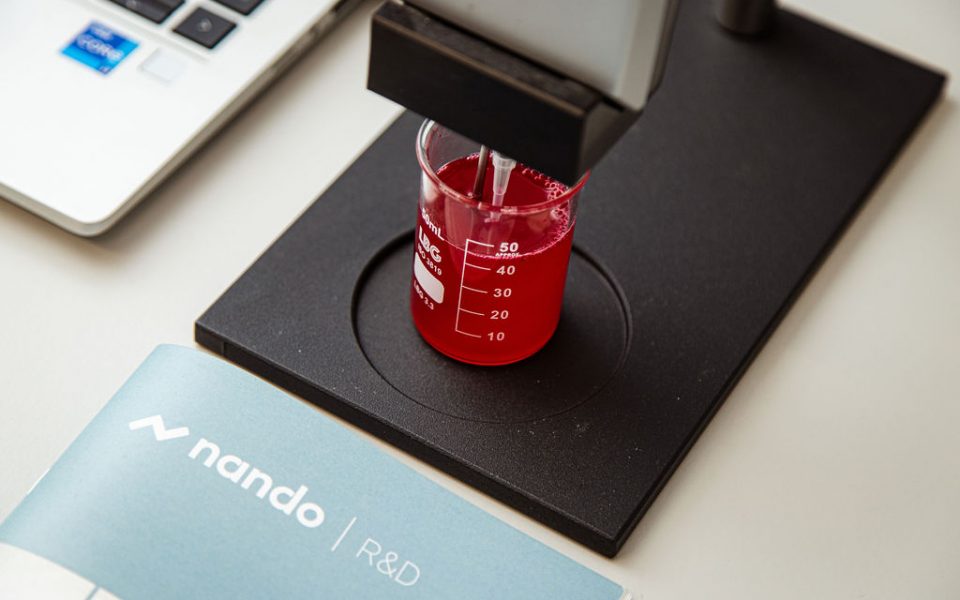
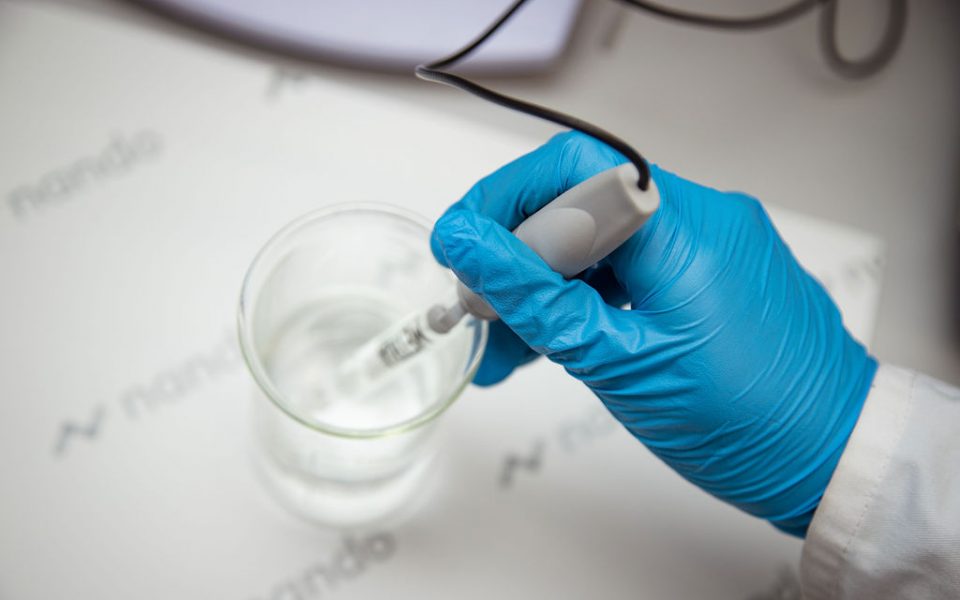
PCR system
The laboratories in our manufacturing branch have more than 20 different components. Some are for precision measurements, others for a closer look at different materials, still others to simulate the weather conditions required for testing, etc.
These laboratories are home to a wide range of processes, from simple tasks such as determining the hardness and pH of water or preparing sterile vessels to the determination of trace element compounds using a spectrophotometric flow injection analyser.
These processes require a wide range of equipment, but the most important are:
Tensiometer - a device to measure the static surface tension of a test solution. The results are used to predict product performance, select surfactant application rates and compare products with each other.
The measurements allow an accurate assessment of the mechanical behaviour of the solutions on the surface of the sheet: the ability to bounce, roll or stick. The instrument also has a filming function.
Colorimetric analysis of water, plants, soil and fertilisers. The analysis determines the concentration of phosphates, nitrates and nitrites in the liquid medium.
Measures the water permeability of a whole soil sample. The test can determine the presence of soil layers that reduce water permeability, soil porosity, vertical and horizontal permeability.
Combination of a microscope and a digital camera for simplified workflow and flexible image acquisition, measurement and reporting. The microscope provides a clear stereoscopic image, allowing assessment of surface lesions and morphological characteristics.
Polymerase chain reaction is a molecular biology technique used to multiply a DNA sequence by millions of copies. This technique is used in medical and biological research. PCR is suitable for DNA sequencing, cloning, phylogeny or functional analysis of genes and diagnosis of infectious diseases.
Research and technology
Find the latest and most relevant research

